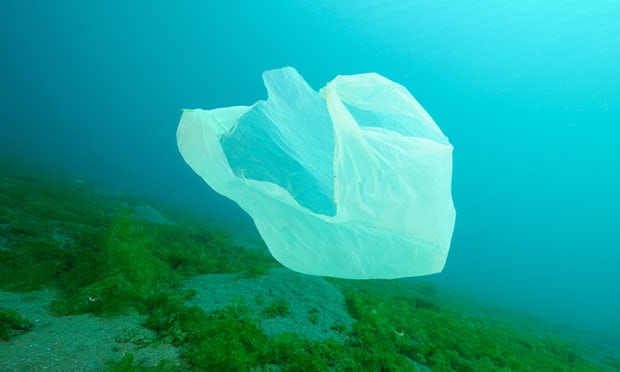Dramatic rise in plastic seabed litter around UK

There has been a dramatic rise in the amount of litter found on the seabed around Britain, according to new government data. An average of 358 litter items were found per square kilometre of seabed in 2016, a 158% rise on the previous year, and 222% higher than the average for 1992-94. Almost 78% of the litter is plastic, 6.3% rubber and 2.7% metal, according to the data published by the Department for Environment, Food & Rural Affairs. The amount of seabed litter has fluctuated over the years, but has been in long-term decline since a peak of 1,300 items per square kilometre in 2003. Statisticians link the fluctuations to weather changes, but the rise in 2016 was the first after three years of reductions. Tim Farron, the Lib Dem spokesman on the environment, said: “It is particularly worrying to see such a sharp rise in plastic litter polluting our seas. Unless we take action, in a few years Blue Planet will have to be renamed Plastic Planet. “The government needs to get its act together and take urgent action to clean up our seas and countryside. The long promised 25-year plan to protect our environment needs to be published now, not simply kicked into the long grass.” The publication of Defra’s 25-year plan was originally scheduled for the summer of 2016 but has repeatedly been delayed. Hugo Tagholm, the chief executive of Surfers Against Sewage, said the increase in seabed plastic reflected what tens of thousands of volunteers were finding along the UK coastline. “They are seeing more and more plastic in the tideline, particularly single-use plastic, which has grown exponentially in the last two decades,” he said. Tagholm called for taxes and policy changes to increase recycling and reduce business and supermarket use of single-use plastics. He said Defra’s current consultation on deposit-return systems for plastic bottles was crucial.
Read More: http://www.theguardian.com/environment/2017/nov/03/dramatic-rise-in-plastic-seabed-litter-around-uk

